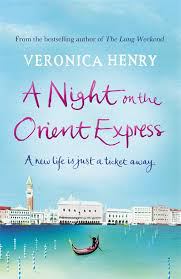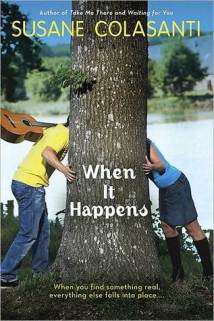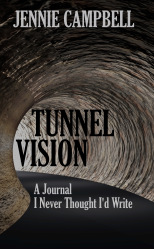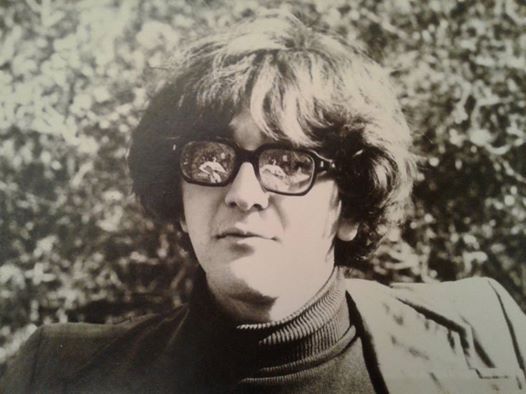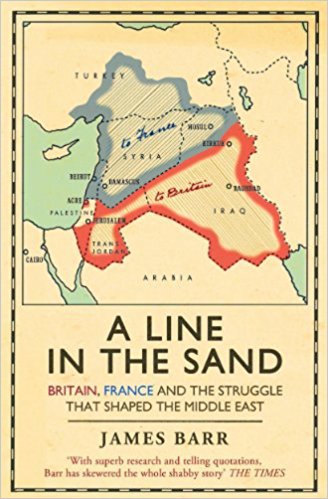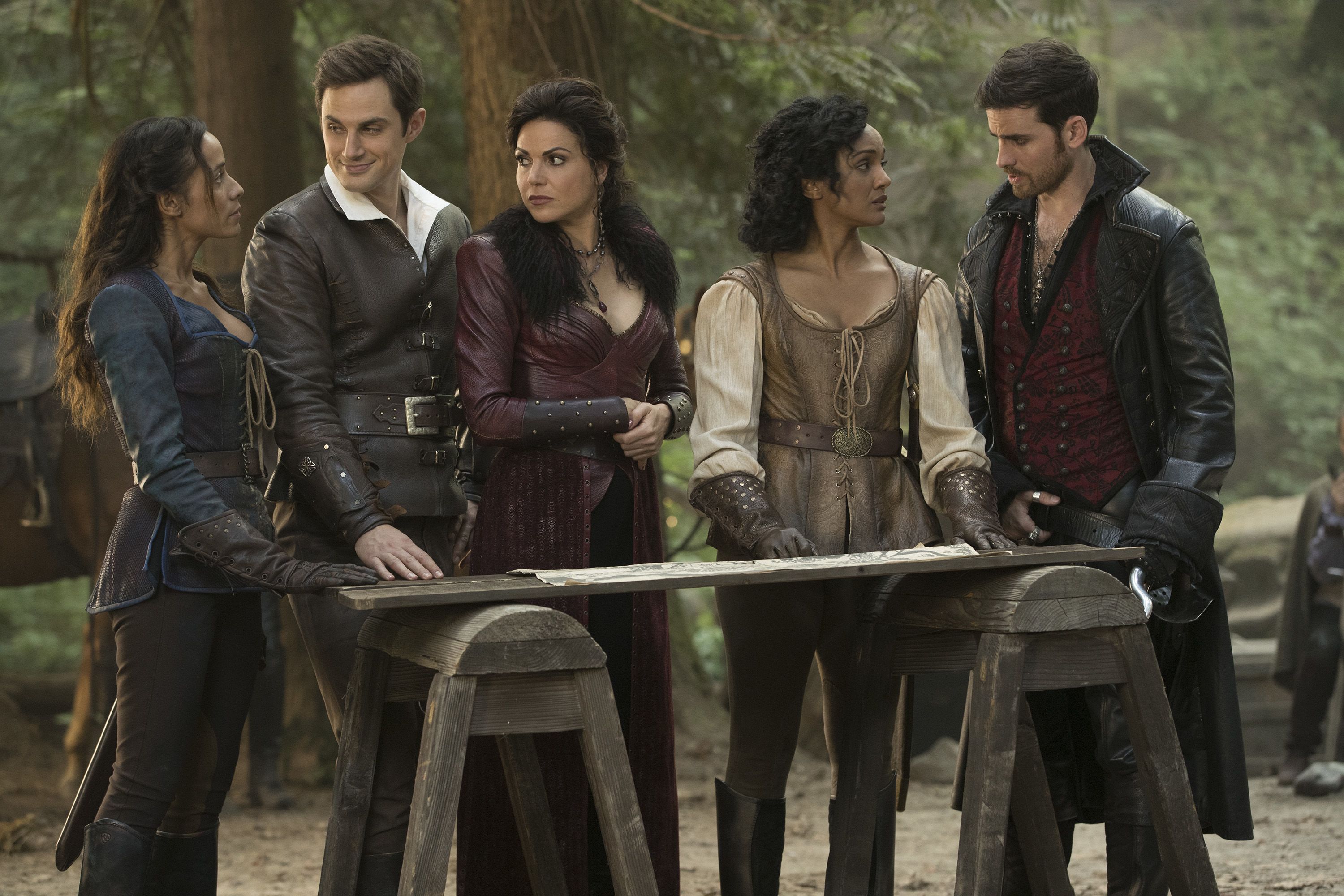Written and Directed by: Miranda July
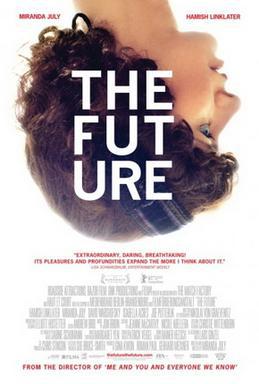 “Quirky.” Is a vague adjective. Perhaps it refers to realism with non conventional characters. Perhaps it refers to fantasy or science fiction that doesn’t take itself too seriously. Regardless, it is certainly an upbeat word: it’s a spark of joviality. Miranda July’s The Future is an undoubtedly a Quirky work. Its co-protagonist Sophie (July) is never without an awkward look on her face, her partner Jason (Hamish Linklater) dons constant expressions of optimistic inadequacy. The story also features a (sort of) talking cat, and a somewhat animate yellow shirt. Nonetheless, this tale of quasi-millenials coming to face adulthood is anything but jovial.
“Quirky.” Is a vague adjective. Perhaps it refers to realism with non conventional characters. Perhaps it refers to fantasy or science fiction that doesn’t take itself too seriously. Regardless, it is certainly an upbeat word: it’s a spark of joviality. Miranda July’s The Future is an undoubtedly a Quirky work. Its co-protagonist Sophie (July) is never without an awkward look on her face, her partner Jason (Hamish Linklater) dons constant expressions of optimistic inadequacy. The story also features a (sort of) talking cat, and a somewhat animate yellow shirt. Nonetheless, this tale of quasi-millenials coming to face adulthood is anything but jovial.
The film’s plot can perhaps be called quirky as well. Jason and Sophie make plans to adopt an injured cat. Both aged 35 and working jobs they are not thrilled about, the thought of becoming “parents” (yes, as in parents for a cat, albeit a medically troubled one) leads them to believe their lives are endings. This leads the pair of them to adopt carpe diem attitudes. Unfortunately, they are both somewhat inept at the philosophy and it leads them to face greater levels of confusion and depression.
The Future is the rare film that one can see and not be sure whether one liked it or not. I say this because while it may be good, or bad, it is certainly not ‘meh.’ Sophie’s brand of awkwardness distinctly guide’s the film’s plot, as do the simultaneously-low-key-and-magical plot twists. The Future’s problem, or it’s quirk (depending on whether you view it positively or negatively), is that it is a tragedy that lacks a distinct moment of death or heartbreak. It follows a steady stream of bleakness, speckled with shimmers of hope. Furthermore, its almost-circular plot structure leaves audiences with cognitive dissonance: can there be tragedy, where it feels like to some degree, things were simply reset to the way they were to begin with?
I was drawn to The Future after enjoying Miranda July’s loosely-tonally-similar book, The First Bad Man. Fans of her written work will no doubt appreciate her filmmaking. Nonetheless, the tonal awkwardness (or distinctness) of The Future really illustrates the difference between the two mediums. Books provided writers with many chances to qualify their distinct emotional arcs, thus allowing audiences to become acclimate to them. Films do not offer a chance for such acclimation. Perhaps, however, that’s not a bad thing, and in leaving us disoriented, The Future has achieved its ambitions.
Advertisements Share this: